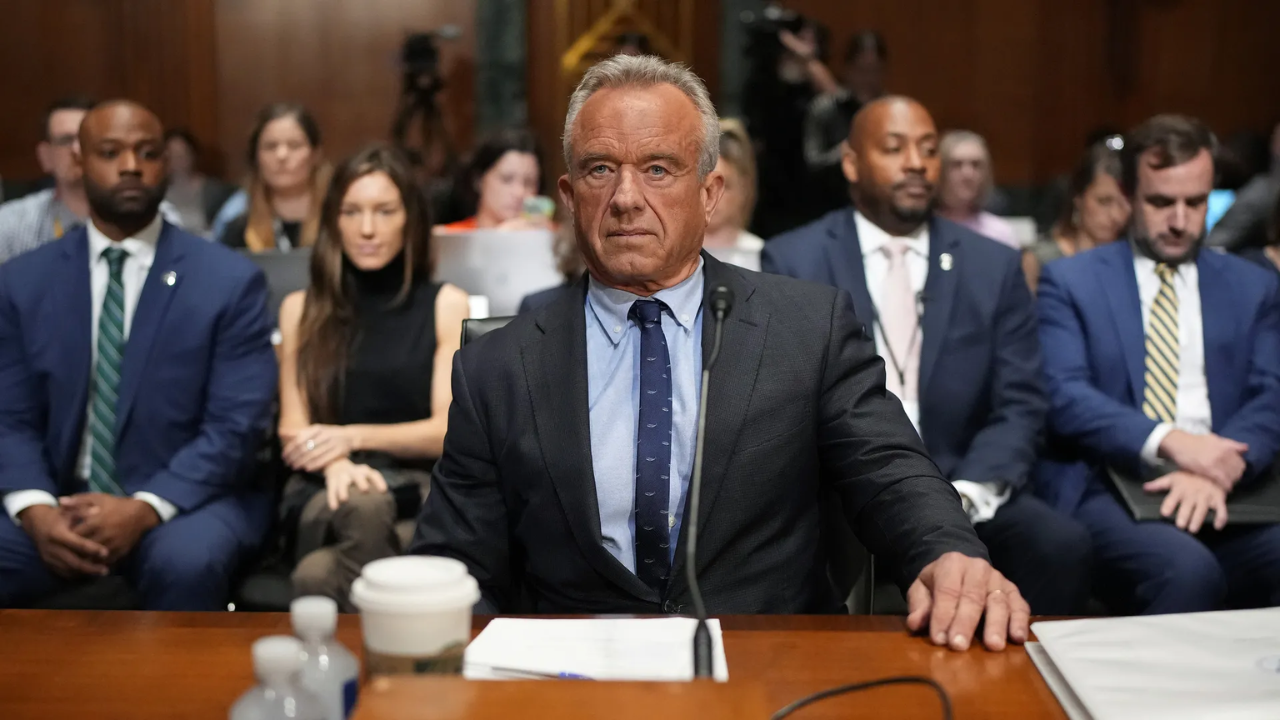‘We Were Lied To About Everything Around COVID,’ Says RFK Jr. At Vaccine Hearings

Credits: Reuters
SummaryAt a Senate hearing, Health Secretary Robert F. Kennedy Jr. claimed Americans “were lied to about everything” during COVID-19, accusing the government of politicizing vaccines, masks, and natural immunity. His remarks drew sharp rebukes from lawmakers and medical groups, intensifying debate over public trust and pandemic response.
End of Article
